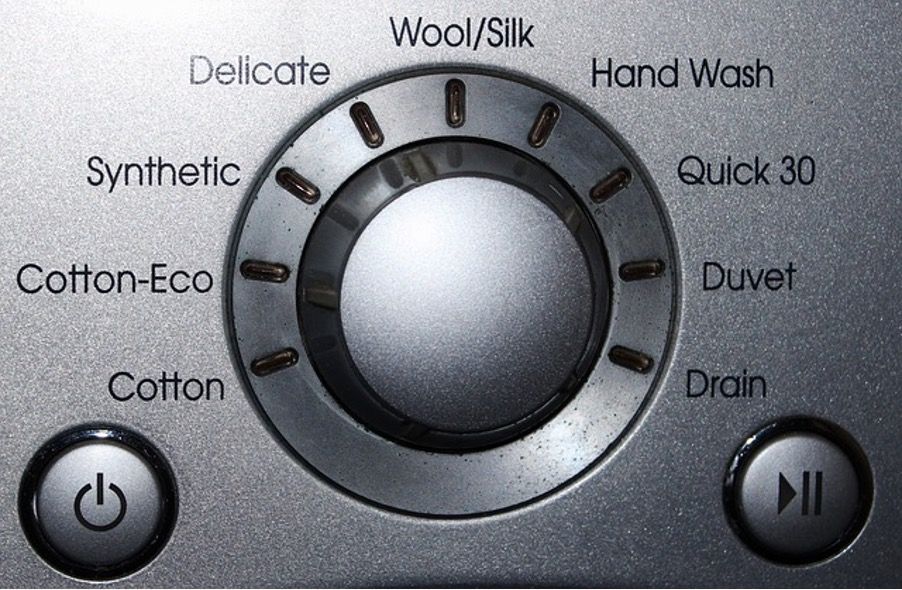Let’s talk about time recording
A conversation about time recording is not automatically a conversation about billing, although it sometimes feels like that on the accounting social media and forums.
A conversation about time recording is actually a conversation about effective business (practice) management.
Let’s cover the billing piece first. The narrative is that, as a profession, we used to bill our time and therefore everyone kept timesheets. That became more and more problematic for clients and didn’t reflect our true worth and so we evolved into fixed pricing, value pricing, transactional pricing, outcome pricing and the rest. Timesheets became irrelevant and so we binned them.

A conversation about time recording is not automatically a conversation about billing, although it sometimes feels like that on the accounting social media and forums.
A conversation about time recording is actually a conversation about effective business (practice) management.
Let’s cover the billing piece first. The narrative is that, as a profession, we used to bill our time and therefore everyone kept timesheets. That became more and more problematic for clients and didn’t reflect our true worth and so we evolved into fixed pricing, value pricing, transactional pricing, outcome pricing and the rest. Timesheets became irrelevant and so we binned them.
Only, that’s not what happened!
When I joined the profession in 1981, the first thing I was shown was how to complete a timesheet. The system was a simple one. Everyone had a charge out rate that was linked to your level of expertise. You carried out work that reflected that same level of expertise and so the bill was an easy formula of time multiplied by rate.
But it wasn’t, because the partner would review the time records ahead of their billing run and raise an invoice based upon what they considered to be the ‘right’ price taking into account the work down, the client relationship, any obvious cock-ups, last year’s fee and so on. In theory, we charged time but, in practice we charged a ‘market’ amount.
Clients grew frustrated with time-based billing, not because of the process but because the inefficiencies at both the client and accountant’s end pushed up the cost and a lack of communication brought nasty surprises.
Accountants grew frustrated with time-based billing, not because of the mechanics but because charge out rates became driven by salary rather than expertise and so fees didn’t reflect value.
The other side of the coin was that time recording measured performance. We could see which clients, team members and services were profitable and which weren’t.
We were all accountable and that can be an uncomfortable thing when performance isn’t great.
In a nutshell, timesheets made us feel bad because, by the early 1990’s, the profession was horribly inefficient with no clear pricing or service structures. Clients were fed up with the surprise fees and accountants were fed up having to justify their performances and so, rather than face up to the root causes, we all blamed the timesheet and binned it.
Don’t misunderstand me, the developments in better client communication, more transparent pricing and more value-based pricing are all good, essential steps that the profession has had to make to reflect a more commercial world, but we could have achieved all of those without dropping the much maligned timesheet by communicating better, being more efficient and having a more appropriate charge out structure.
In removing time recording we removed a key source of management data in our firms and we have seen the financial performance of the typical accounting firm suffer as a consequence. We stress today about how much time we give away, how many clients we have who aren’t profitable and how inefficient our production processes are. These all impact on our profitability. Where did we use to get that information from I wonder!
As a partner in 1991, I would review my client portfolio every month. My main resource was time and I could see exactly how it was being consumed by clients, team members and myself. We were all visible and accountable. That wasn’t always comfortable but it sure as hell enabled effective decision making.
As well as giving me performance data, the fact that we used time and rates as a management tool gave me critical planning data and a clear view and understanding of my resource capacity, team training needs and future income streams.
Removing time sheets didn’t fix our billing issues or client arguments but it did cut off access to key management data on our own business performance.
It has taken the profession a long time to get back to where we were when it comes to practice management data. Many accountants still choose to ignore data-driven performance of their own firms, believing instead that to be busy is a sufficient strategy, but for those accountants actively looking to improve their own businesses, practice management data is critical.
Digitalisation has, of course, made the extraction and analysis of that data far more efficient than the old manual timesheets but I do feel that software suppliers have a way to go in fully understanding the needs we have to run our own firms. It isn’t just about task and workflow management.
Kamozo is an excellent example of software that is now addressing this and it is no coincidence that it has been developed by an accountant in practice, the excellent Mark Hill.
Client conversations for many accountants increasingly focus on what the client can do to run a better business. Are we practicing what we preach?



